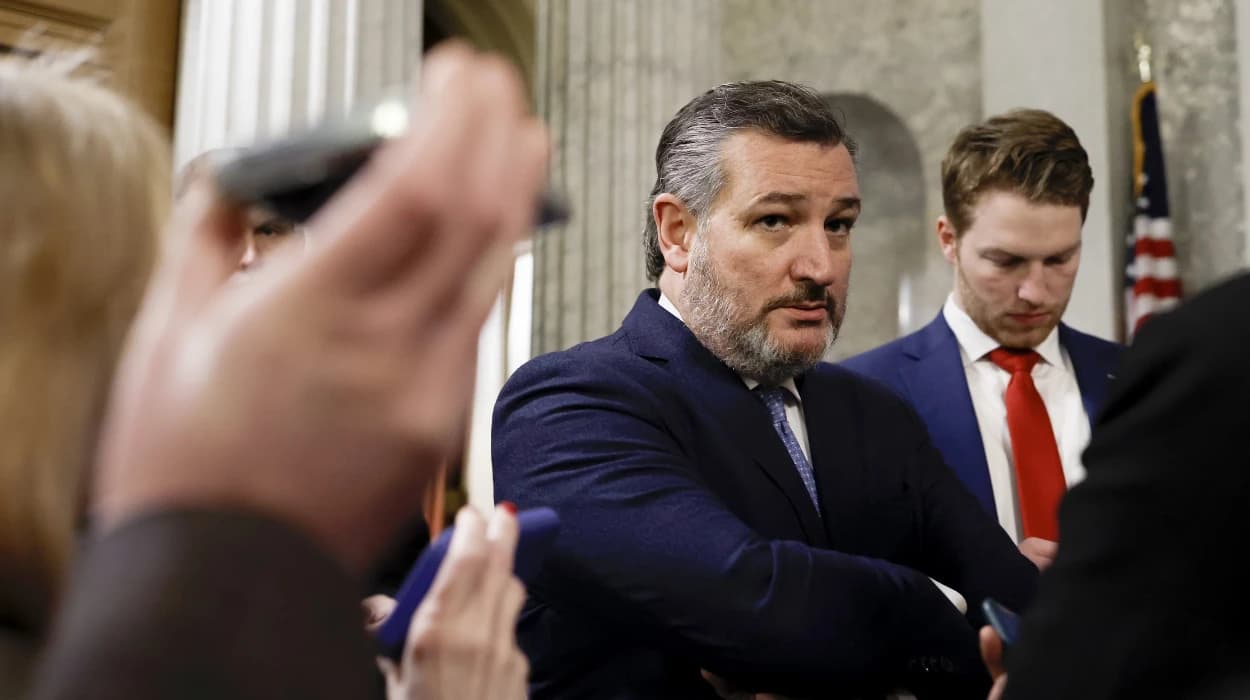Summary
- Incumbent Sen. Shelley Moore Capito raised over $700K in Q2 2025, with $3.4M cash on hand.
- State Senator Tom Willis challenges Capito, loaned $100K but raised no funds yet.
- Alex Gaaserud is another GOP challenger but has no reported fundraising.
- Republican primary set for May 12, 2026; Capito endorsed by Donald Trump.
- Capito is West Virginia’s senior senator, serving since 2015, with strong committee roles.
Tom Willis, the vice chairman of the state Senate Judiciary Committee, staked a six-figure wager that he could beat her.
By July 15, federal candidates submitted their July quarterly campaign finance reports, which covered contributions and expenses from April, May, and June, to the Federal Election Commission.
Tuesday, May 12, 2026, is the day of the West Virginia Republican and Democratic primaries. The period for candidates to file is January 12–31.
As she gets ready for a contested primary, Capito, R-W.V., raised $706,394 during the quarter, boosting her total election cycle haul to date to over $2.9 million. This gives her more than $3.4 million in cash on hand.
Other political action committees transferred $123,733 to Capito throughout the quarter. Other committees, including One Team Senate Majority, a coordinated fundraising effort to save certain Senate seats, have contributed $237,735 to her campaign so far this election cycle. Other collaborative fundraising groups, such the 2025 Senators Classic Committee and GOP Winning Women 2026, also back Capito.
In 2014, Capito was elected for the first time to the Senate seat that retiring Democrat Jay Rockefeller had left empty. Since 2001, she has been a member of Congress, initially serving in the U.S. House of Representatives.
Sen. Joe Manchin, a Democrat who later became an independent, retired in 2024, leaving Capito as the state's senior senator. She is the head of the Senate Environment and Public Works Committee, the 18th chairman of the Republican Policy Committee, and the fourth ranking member of the Senate Republican majority.
Willis, a Republican who was elected in 2024 to a four-year term in the state Senate for District 15, which includes portions of Berkeley, Morgan, and Hampshire counties, is one of two Republicans who have submitted paperwork to the FEC to raise funds for possible challenges to Capito.
Willis had just 40 days to start raising money before the quarter ended when he filed his statement organization on May 21 for Tom Willis Victory, the name of his U.S. Senate fundraising committee. Willis loaned $100,000 to his campaign, although he did not raise any funds during the reporting period.
Craig Blair, a longtime member of the House of Delegates who was elected to the state Senate in 2012, lost to Willis in the 2024 GOP primary. Blair had previously served as Senate President. Willis, a freshman, was named the new vice chairman of the Senate Judiciary Committee by current Senate President Randy Smith, R-Preston, starting with the 2025 legislative session.
As a lawyer, businessman, and member of the West Virginia National Guard, Willis was one of six Republicans running in the 2018 U.S. Senate primary against Manchin, who was running as a Democrat for a second six-year term.
With somewhat less than 10% of the vote, Willis finished fourth in that primary. Patrick Morrisey, who is now the governor, won that primary with about 35% of the vote. Don Blankenship, the former CEO of Massey Energy, carried close to 20%, while Evan Jenkins, a former congressman, state senator, and justice of the state Supreme Court, came in second with 29%.
Alex Gaaserud, a Randolph County native who relocated to Wood County last year, is the only Republican GOP candidate to challenge Capito thus far. According to the FEC's July quarterly report, Gaaserud had no cash on hand, expenses, or gifts.
In an attempt to replace Alex Mooney, who lost the 2024 GOP U.S. Senate primary to former governor and current Senator Jim Justice, Gaaserud ran for the 2nd Congressional District. With 7% of the vote, Gaaserud came in last in the five-person Republican primary. Capito's nephew, former state treasurer Riley Moore, won that campaign with 45% of the vote.
After his U.S. House primary campaign, Gaaserud had around $21 in cash on hand, according to his FEC year-end report on January 31. As per his 30-day post-election campaign finance disclosure to the FEC, he had paid off $9,850 in debts and commitments before then. Of that amount, $3,000 was owing to a campaign strategy consulting firm, and $6,850 was lent to his campaign.
Where is the majority of Senator Capito's campaign funding coming from (e.g., individual donors, PACs, in-state vs. out-of-state contributions)?
PAC contributions make up about 47% of her total fundraising, totaling over $3.2 million during the 2019–2024 cycle, according to OpenSecrets. PACs represent various industries and interest groups, many of which contribute to her campaigns.
Large individual contributions (those above $200) constitute around 39% of her funding, totaling about $2.7 million in the same period.
Small individual contributions (under $200) make up a smaller share, approximately 6%.
Recent Federal Election Commission (FEC) filings show around $2.17 million in total contributions, including $783,944 from individuals and about $1.39 million from other committees (likely PACs), with no reported contributions from party committees.

